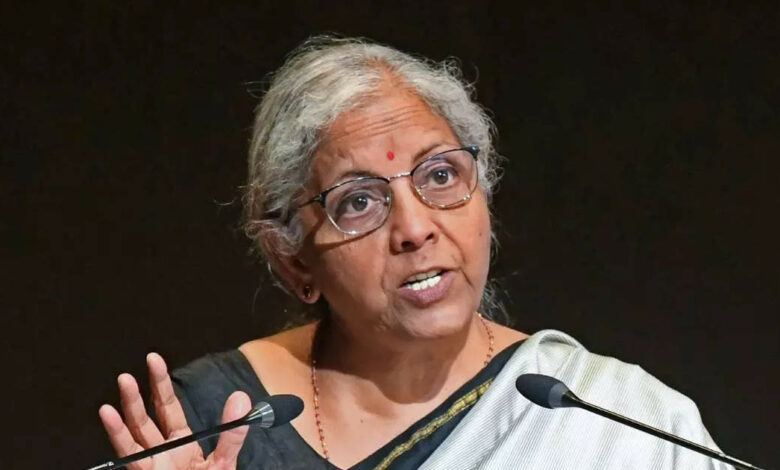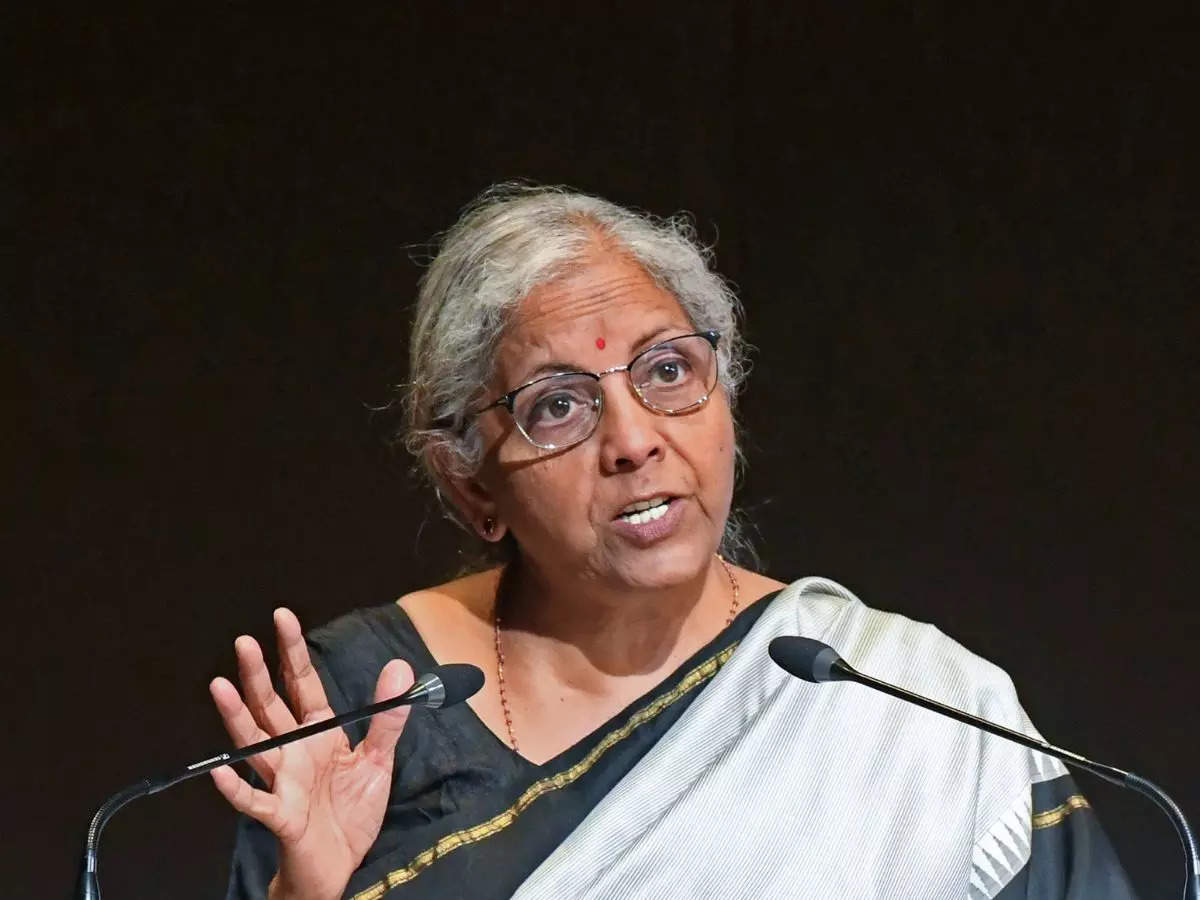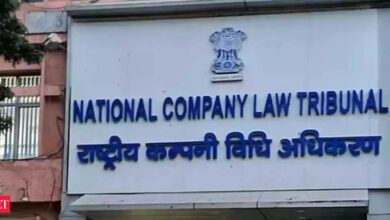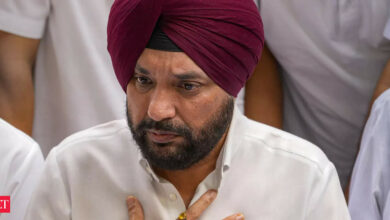Initiatives taken to boost R&D: Need to balance IPRs with development needs, says FM Sitharaman

At the same time, the need to protect the IPRs of innovators has to be balanced with the imperative of using them for the benefit of all, she said, listing the steps taken by the government to bolster research and development (R&D).
“We are trying to make them (IPR laws) work as a facilitator, a booster, and not as a barrier to the process of R&D,” Sitharaman said on Saturday, asserting that India’s IP regime remains compliant with the Trade-Related Aspects of Intellectual Property Rights (TRIPS) framework of the World Trade Organization.
The minister was speaking at the launch of a book on patent law by justice Pratibha Singh of the Delhi High Court.
Some foreign organisations and even the US Trade Representative’s Office earlier raised concerns about India’s IPR regime. Although such criticism from overseas entities has abated in recent years, it hasn’t completely ended.
In 2016, the government put in place a new IPR regime. Dealing with patents, trademarks, industrial designs, copyrights, geographical indications, semiconductors, integrated circuit layout design and trade secrets—all were brought under one umbrella framework.India retained its 40th place out of 132 nations in the Global Innovation Index 2023 rankings published by the World Intellectual Property Organization, having moved up from 81 in 2015.Sitharaman said the government has established the National Intellectual Property awards to recognise individuals and organisations that have created as well as commercialised IP. It has launched a scheme for pedagogy and research, under which 37 IPR chairs have been established at key institutions to promote such studies and research, she added.
Acell for IPR promotion and management has been set up. It’s been instrumental in raising awareness through tailored resource materials and programmes in various educational institutions and industry bodies. As many as 1,200 events have been conducted through this initiative. The government has also approved the accession to three important global pacts — the Nice agreement concerning international classification of goods and services for the registration of marks; the Vienna agreement relating to the classification of the figurative elements of marks; and the Locarno agreement for industrial designs, she said.
Source link





